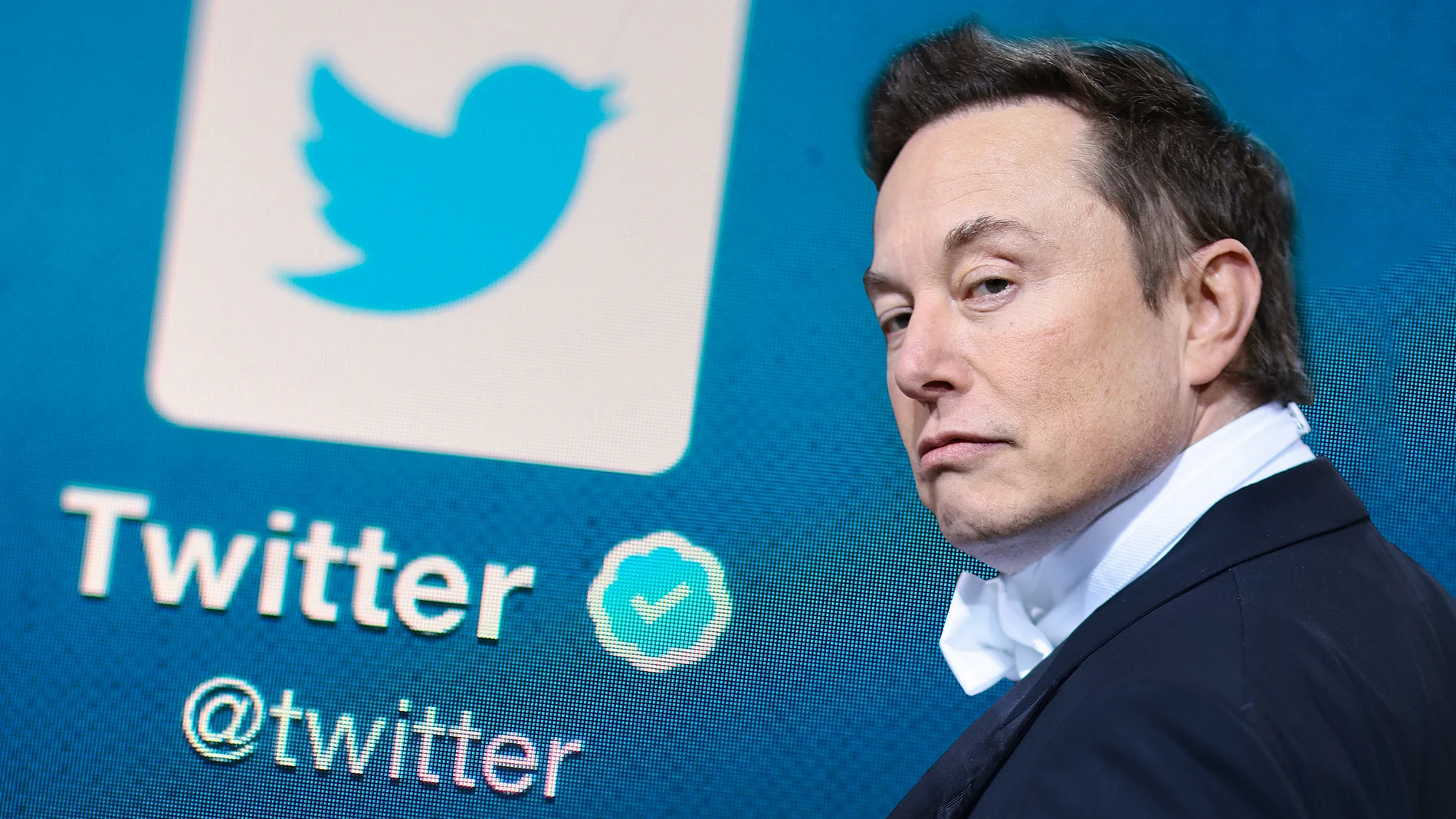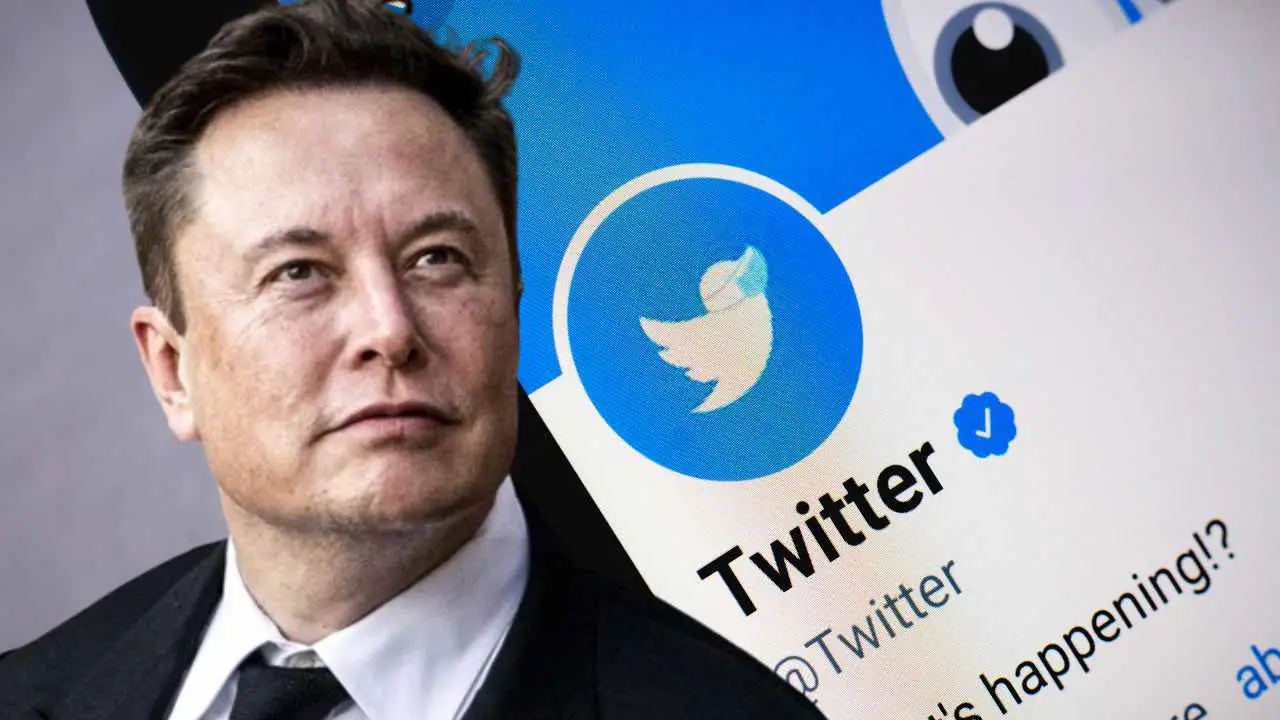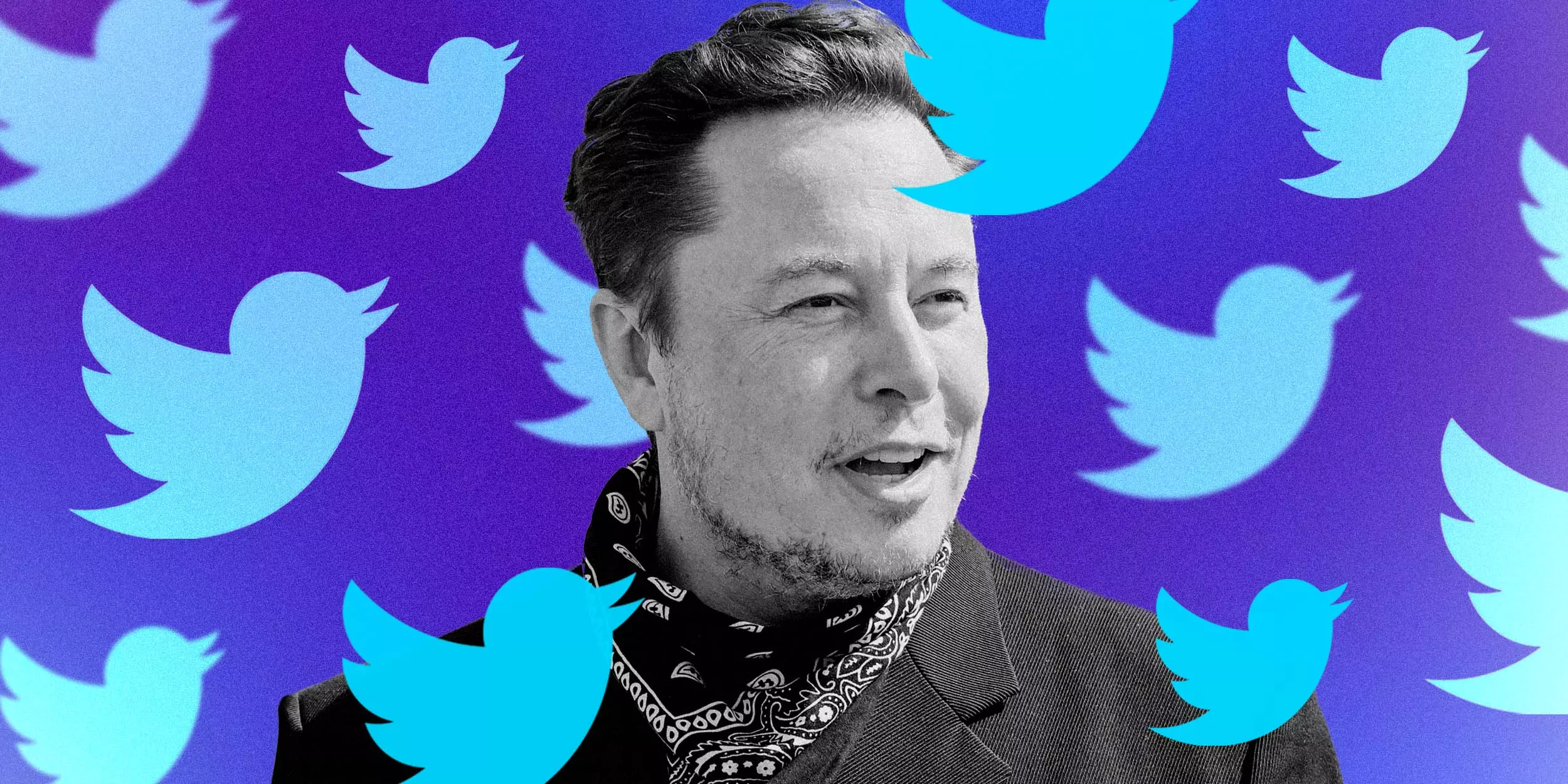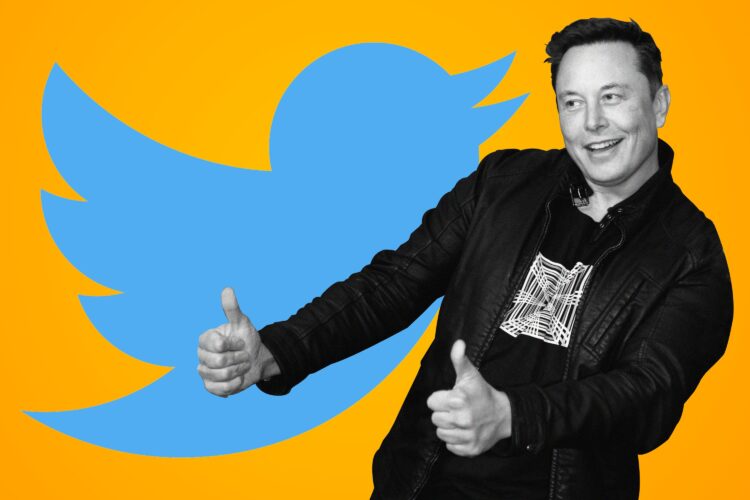Elon Musk has once again lost a legal dispute on his unrestricted right to shitpost. The billionaire’s attempt to terminate his 2018 deal with the Securities and Exchange Commission, which requires legal control on select tweets connected to Tesla, was denied by the 2nd U.S. Circuit Court of Appeals in New York City.
One federal judge in New York District Court rejected Musk’s bid to invalidate the more than four-year-old consent order in April 2022. However, the multihyphenate CEO’s appeal was turned down on Monday. In the most recent decision, three additional judges rejected Musk’s attempt to avoid SEC scrutiny and responsibility for his postings.
“We have evaluated the remaining arguments made by Defendant-Appellant and found them to be without merit. As a result, we AFFIRM the district court’s decision, the three judges stated in their Monday filing. By this decision, Musk must still have a Tesla attorney evaluate any text he intends to publish online to avoid possible inquiry and repercussions.
This implies that despite owning Twitter, Musk is still subject to legal limitations on his tweets. Musk may be the CEO of Twitter (at least for the upcoming weeks until Linda Yaccarino likely takes over), but his allegiances go much beyond that of “Chief Twit.”
Can the new Twitter CEO fix the platform’s problems? We have an answer.

Why is Elon Musk unable to tweet whatever he wants?
All of this started with a pretty foolish ‘420’ tweet from 2018, which Tesla CEO Musk insisted had nothing to do with marijuana. “Am thinking about going private with Tesla at $420. On August 7, 2018, he infamously tweeted, “Funding secured.” However, it appears that neither the Tesla board nor the investors were made aware of the concept. Following a debacle, the SEC intervened, trading was paused, and the price of Tesla’s shares surged. According to the examination conducted by the government inspector, no formal agreement to privatize Tesla was ever reached. Musk was charged with fraud by the SEC.
The billionaire had to retire as Tesla’s chairman as part of a settlement, while he maintained his position as CEO, and both he and the business were required to pay separate $20 million penalties. Musk also agreed to a consent decree that would prevent him from saying anything that would materially affect the value of Tesla’s stock. According to the agreement, Musk is required to have a business counsel examine any tweets he makes on Tesla operations before he posts them.
The conditions of the initial settlement are still in effect, even though Musk later prevailed in his securities fraud case earlier this year and a jury deemed him not accountable to investors for their losses.

Has Elon Musk modified his Twitter behavior?
Musk, though, has publicly appeared to ignore this restriction and has continued to tweet fairly carelessly. Since the 2018 settlement, two of his tweets have led to fresh SEC inquiries (one in 2019 and one in 2021). Another federal agency is now looking into Musk as a result of at least one further post. The prohibition on his social media interactions was confirmed in a 2019 agreement. But he has persisted in opposing the consent decree limits and in defending the original 420 posts.
In 2022, the billionaire’s attorney, Alex Spiro, alleged that the SEC was investigating particular posts into” muzzle and harass” the man. The SEC’s oversight, according to Spiro, was “calculated to chill” Musk’s First Amendment rights.
What were the judges’ opinions?
The federal appeals judges do not, however, believe that the second-richest man on Earth is being unjustly silenced, harassed, or denied freedom, according to the Monday decision.
“We see no evidence to support Musk’s contention that the SEC has used the consent decree to conduct bad-faith, harassing investigations of his protected speech,” the panel stated. The SEC’s power to enforce the deal Musk voluntarily signed is unaffected by the possibility that the consent decree “provide[d] broader relief than the court could have awarded after a trial.”

In essence, citizens are permitted to sign away part of their First Amendment rights through consent decrees. And when Musk accepted the conditions of the SEC settlement, he did so knowingly. Musk had the option to sue and defend against the [SEC’s] accusations or to negotiate an alternative arrangement if he had intended to maintain his freedom to tweet about certain Tesla-related matters without even minor internal monitoring, but he opted not to do so.
Additional arguments made by Musk’s legal team concerning the common good and evolving circumstances failed to persuade the judge. The other legal counsel representing Spiro and Musk made an effort to claim that changing the consent level was in everyone’s best interests and that adding new “factual conditions” to the agreement made it more onerous than it already was.
The public likely still benefit from some control of the CEO’s public remarks regarding their company, the judges said, adding that nothing in the law had changed. “Modification of the consent decree is not required by the public interest. If anything, it cuts the opposite way, according to the panel.
You can read more about Musk’s new steps on Twitter:





